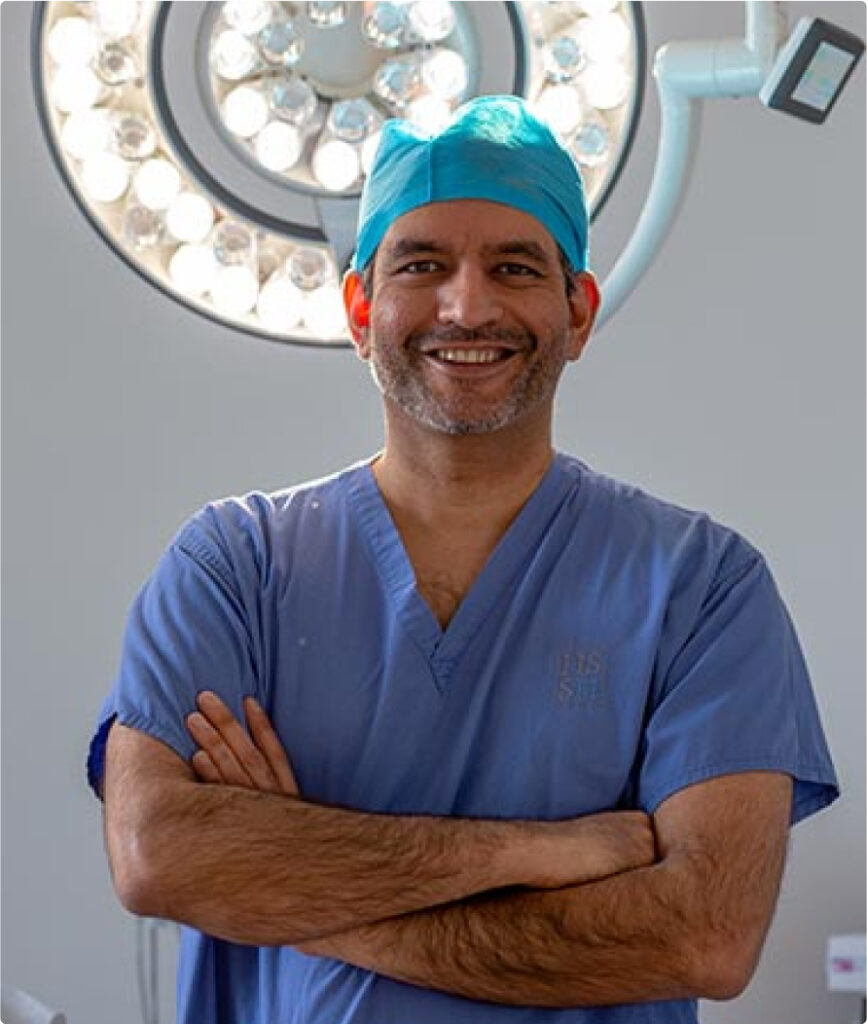Award winning Specialist
Jaw Joint Replacement London
Jaw joint replacement is a type of surgery for severe jaw pain, trauma, and infection, as well as chronic or severe cases of TMJ (temporomandibular joint disorder) disorder. At Harley Street Specialist Hospital, our dental specialists will help you determine if jaw joint replacement is a suitable treatment for you. Learn more about this type of oral and maxillofacial surgery at our central London clinic.


























